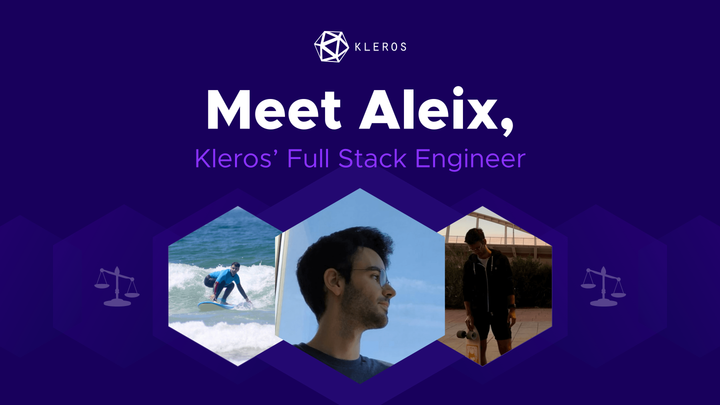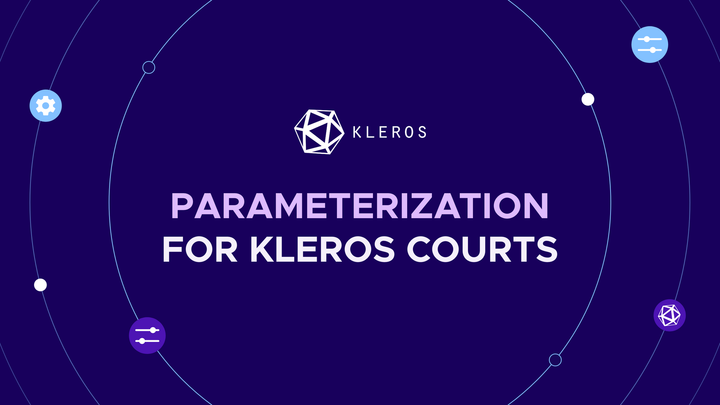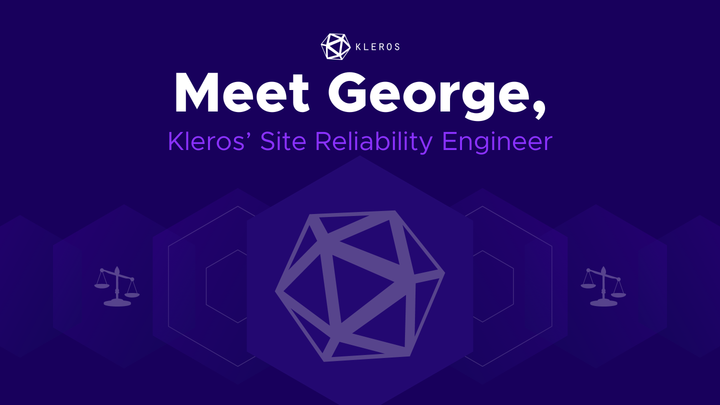A Good Omen - Kleros x Gnosis x DxDAO and Realitio Align with Conditional
Kleros is delighted to announce the integration of our dispute resolution service with Omen, the Gnosis built prediction market platform.
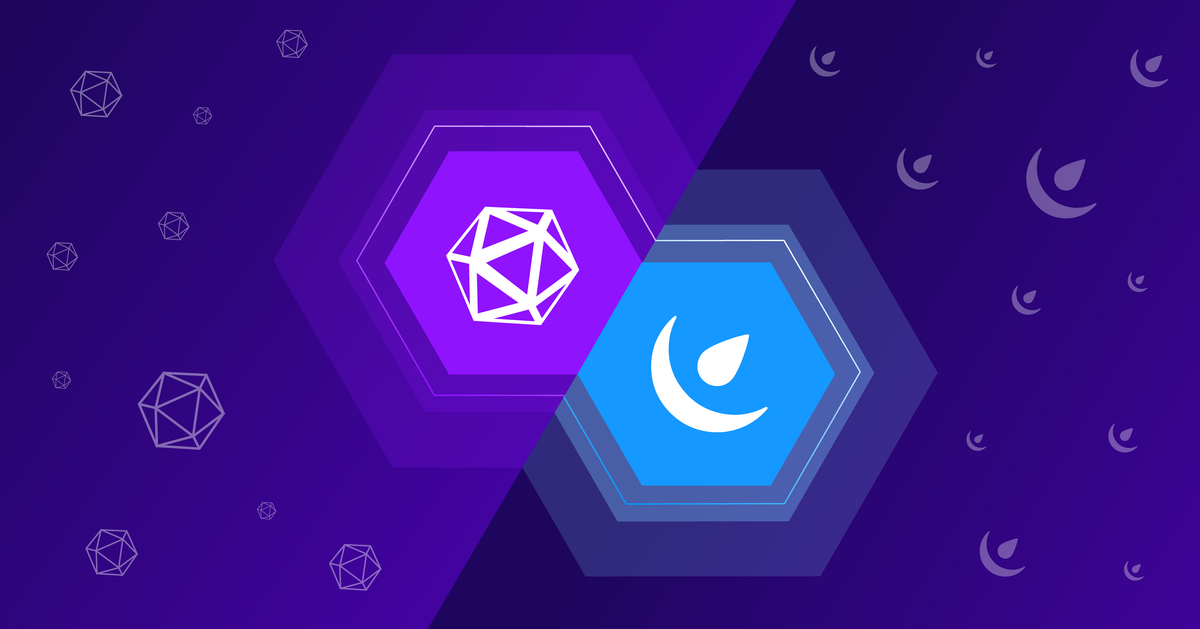
Kleros Dispute resolution comes to Omen prediction markets via DxDao...
Kleros is delighted to announce the integration of our dispute resolution service with Omen, the Gnosis built prediction market platform. Kleros has been integrated as a final arbitrator through realit.io within the conditional token framework and can be selected as an arbitrator on this frontend.
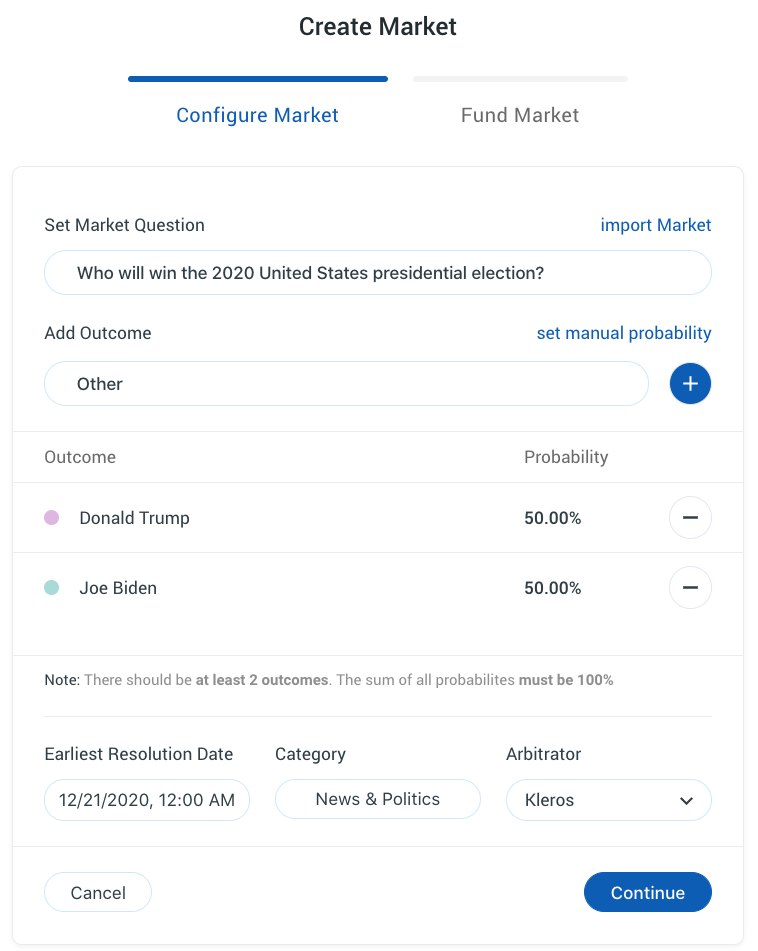
Another grand milestone of note for Coopérative Kleros is the ~$200k GNO grant under arbitration.
This grant will be allocated to the dxDAO on the condition that at least $20,000,000 in volume originates from orders created on interfaces controlled by the dxDAO.
The decision on whether the grant is allocated or not, could ultimately come down to a Kleros jury.
Keep reading to find out more about all the platforms involved in this novel venture and what you can do with them.
What is the DxDAO?
In 2016, the Ethereum community was excited with the launch of The DAO, a new experiment in community governance. Such experiment, as we know, didn't end well.
The dxDAO is a new decentralized autonomous organization for community governance of software protocols. Since its inception, it was based on decentralized principles.
When they start, most DAOs have pre-launch members who often hold a large amount of voting shares.
The dxDAO is different.
No voting power in the dxDAO has been pre-allocated. Instead, a month-long initialization period for anyone wishing to earn voting power was conducted.
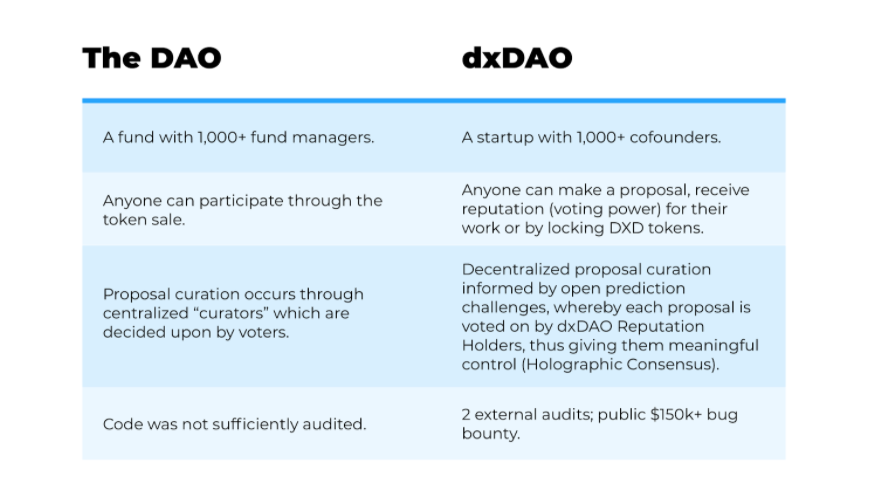
The success of dxDAO relies on the actors and platforms incorporated into it.
To support community governance, upgradeability, and the network effects necessary for the efficient running of each platform, it became clear a governance mechanism such as the dxDAO would be essential.
And Kleros adds a critical arbitration service for some of those protocols. In particular, the Omen prediction market using the Gnosis conditional token framework.
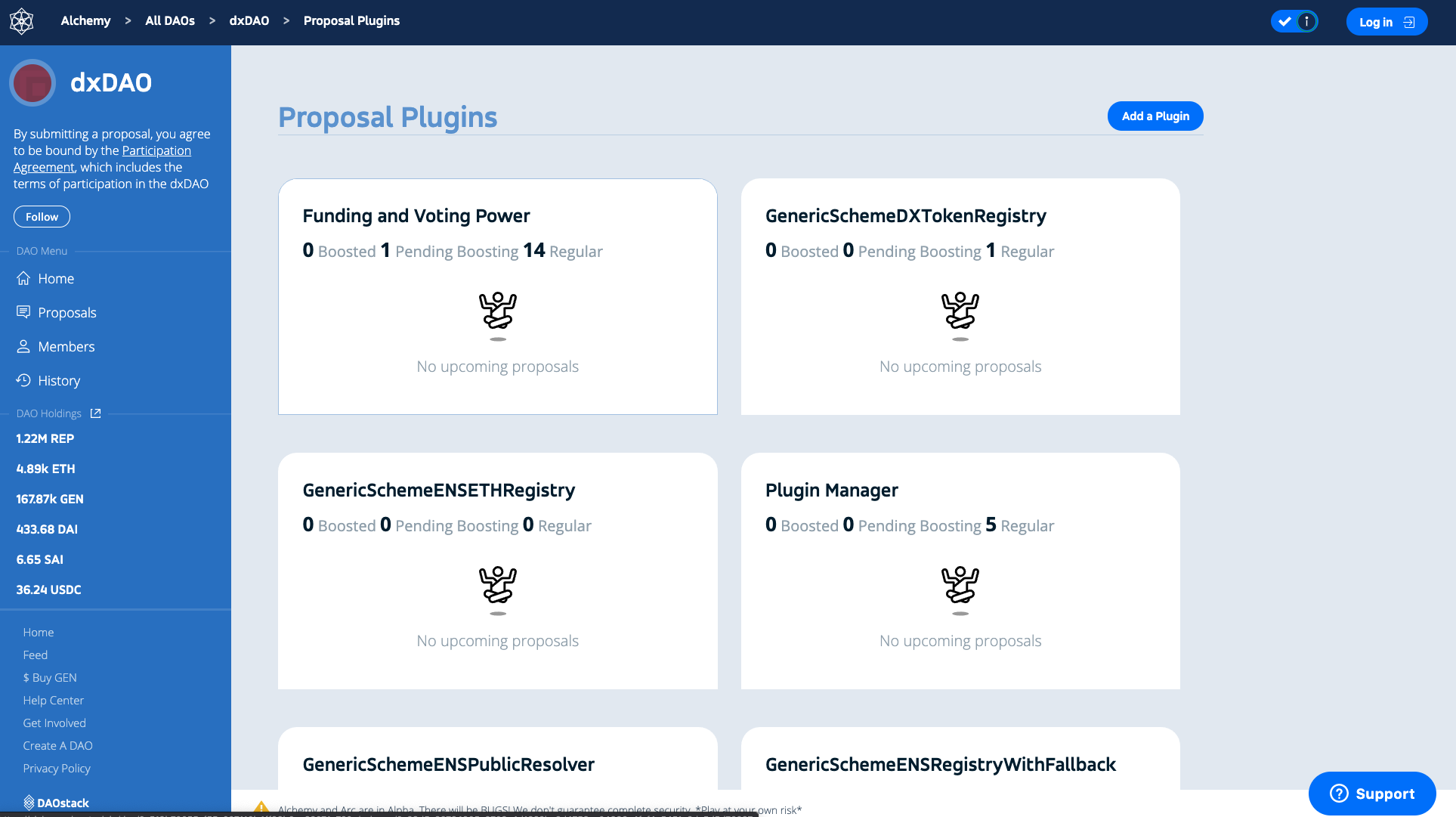
How Does Omen Work?
To better understand the reasoning behind the development of the conditional token framework which powers Omen, it’s helpful to understand the basic concept of a prediction market.

In prediction markets, individuals stake on the outcome of an event. In blockchain-based prediction markets, participants stake on the market in the form of event contracts. Anyone can create prediction markets on the platform and specify a custom oracle (with Kleros as an arbitrator, for example) to resolve a market’s outcome.
Unlike other blockchain-based prediction markets, markets on Omen use an automated market maker to match trades and allow users to easily contribute to Uniswap-like liquidity pools. This allows markets to always reflect the latest expert opinion on their topic.
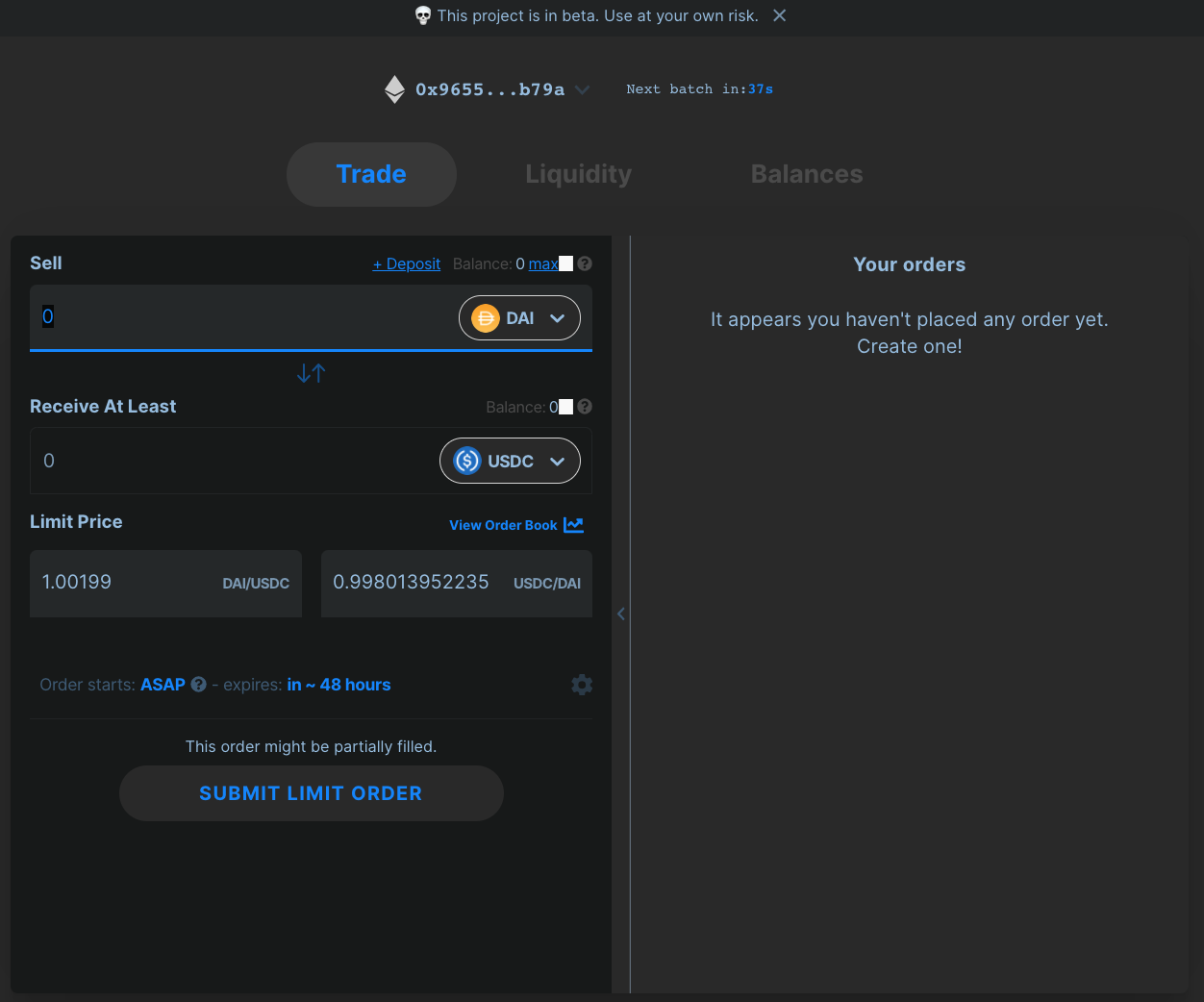
These contracts specify the different possible outcomes of a future event, a payment structure based on those outcomes, and the event’s outcome date.
Unlike financial markets such as stock or commodities futures, which traders use to hedge against risk (i.e., farmers use futures markets to hedge against low crop prices, airlines use futures markets to hedge against high fuel prices), prediction markets primarily seek to aggregate information on particular topics of interest.
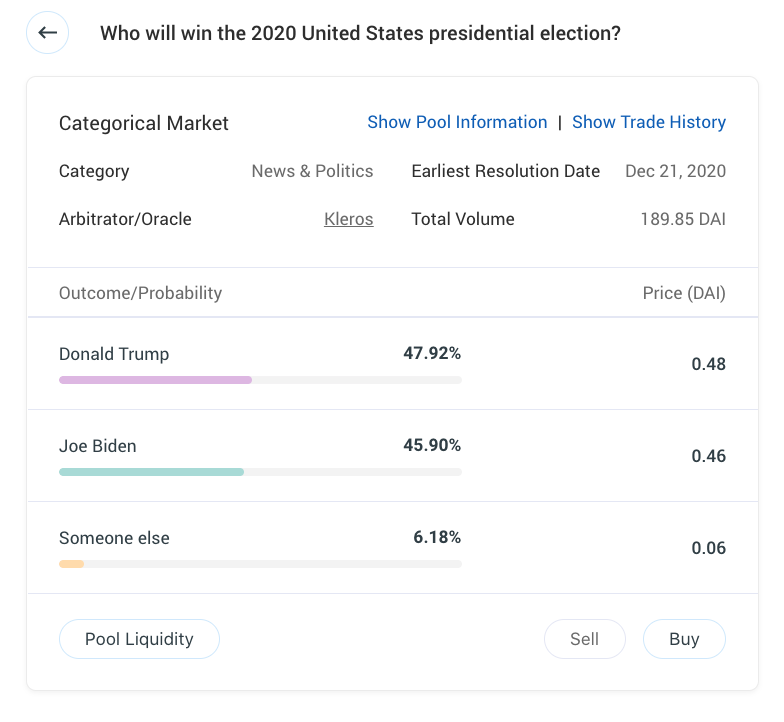
The principal informational value of a prediction market lies in the price of the futures themselves, which not only represent the average assessment of market participants concerning the likelihood of an event’s outcome, but also the confidence level different participants have in their predictions.
To summarize, conditional tokens allow you to:
- Create simple markets on the likelihood of a given event.
- Create complex markets about the likelihood of an event which is affected by other events. (e.g., what is the probability of a global recession, if a trade war breaks out between the United States and China in the next year?)
- Trade any asset under the condition that a specific event happens.
Previously, such instruments could only be created at a high cost by financial institutions.
The arrival of conditional tokens on Ethereum brings down the costs to a few cents and gives equal access to everyone. All conditional tokens are globally accessible, and payouts are securely (and cheaply) executed through smart contracts backed by arbitrators like Kleros.
Where does Kleros fit into all this?
Kleros has been integrated as a final arbitrator through realit.io within the conditional token framework and can be selected as an arbitrator for prediction markets created on Omen.
Kleros is also the final arbitrator of the 10,000 GNO grant from Gnosis to the dxDAO on the condition that at least $20,000,000 in Gnosis Protocol trading volume originating from orders created on interfaces controlled by dxDAO.
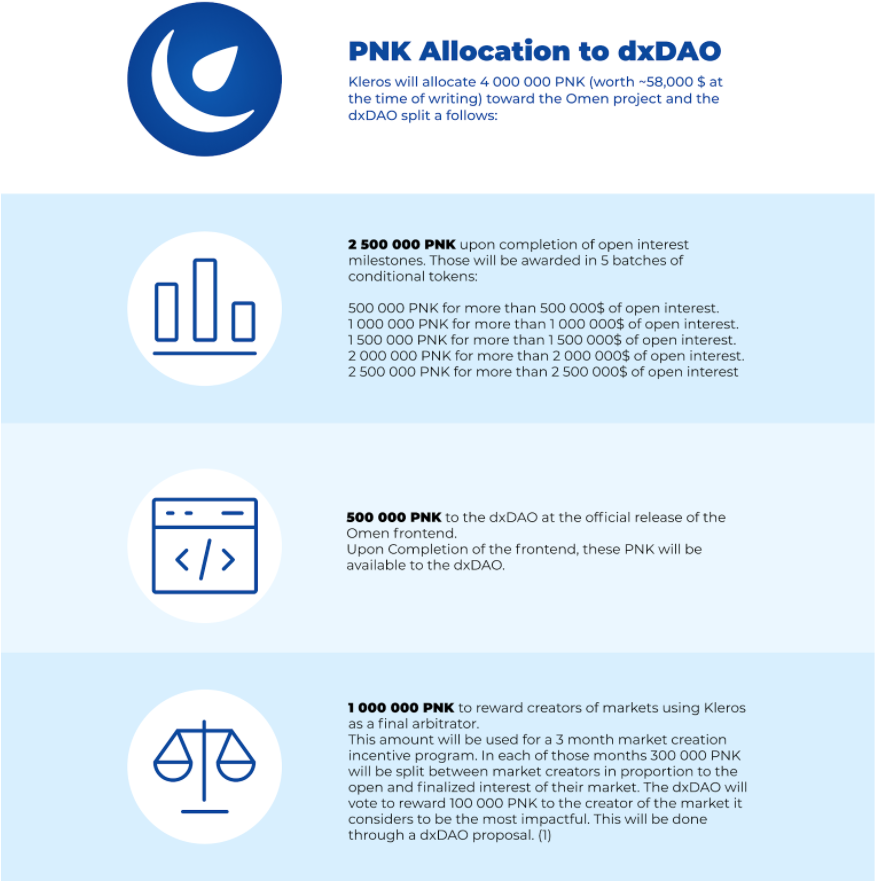
An exciting milestone for Kleros is the $200k worth of GNO under our arbitration. We believe this to be one of the largest sums of its kind anywhere in the blockchain space.
This is a substantial amount of funds trusted to the Kleros platform and further underlines how building blocks from the Ethereum ecosystem can align to create a working governance mechanism built around a fully decentralized platform offering critical services to the community.
Introducing conditional tokens provides a new type of incentive and reward system powered by real time decentralized prediction markets.
A cross collaboration between Gnosis, dxDAO, Kleros and Realit.io is set to provide an exciting path forward in the goal of further adoption and providing real world prediction services to better predict the outcomes of future events.

Where Can I Find Out More?
Join the community chat on Telegram.
Visit our website.
Follow us on Twitter.
Join our Slack for developer conversations.
Contribute on Github.
Download our Book

